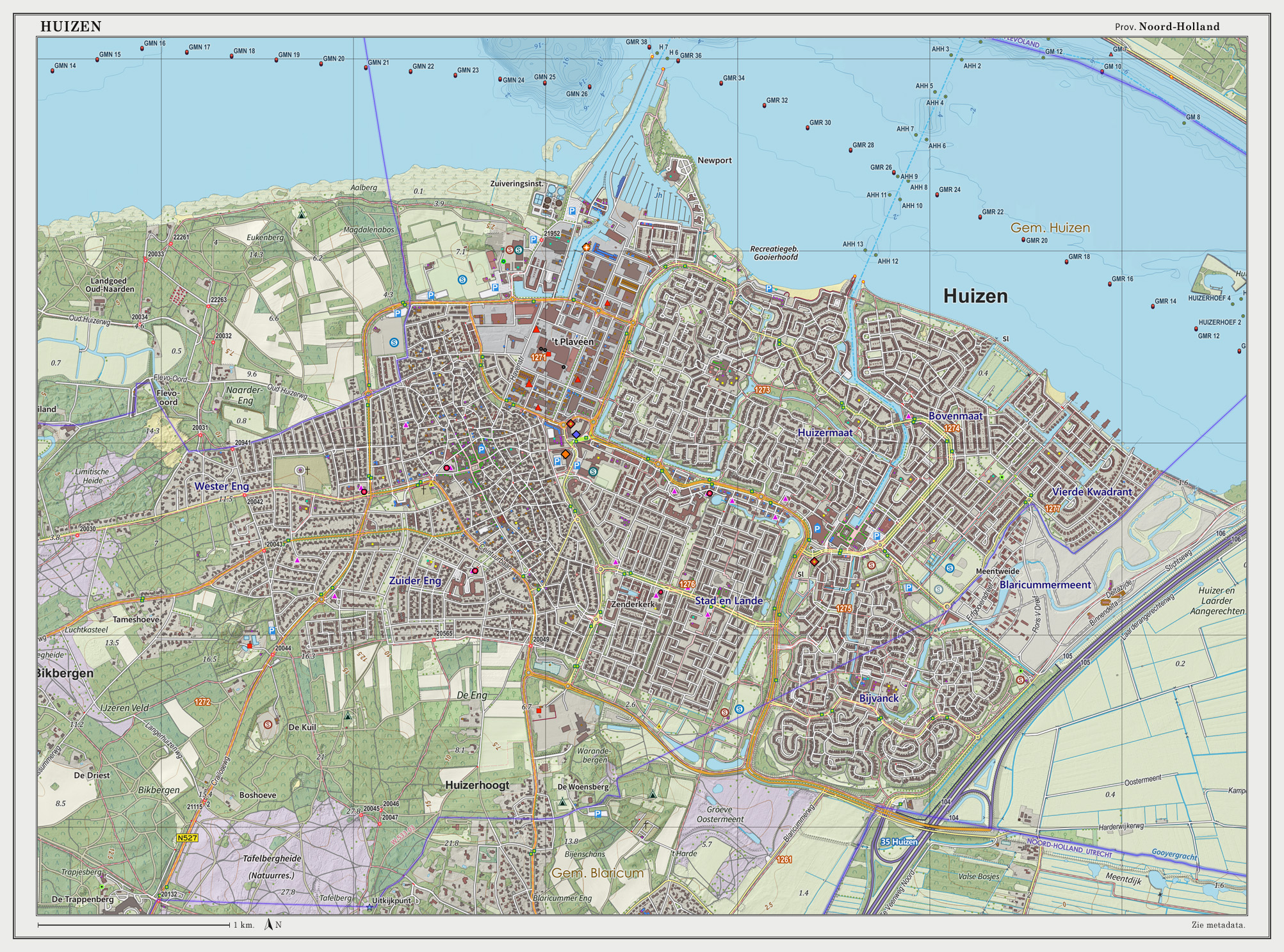|
Nick De Jong (sailor)
Nicolaas Pieter "Nick" de Jong (born 25 March 1942) is a retired sailor from the Netherlands, who represented his country at the 1964 Summer Olympics in Enoshima. De Jong, as crew on the Dutch Flying Dutchman ''Daisy'' (H157), took the 6th place with helmsman Ben Verhagen. During the 1968 Summer Olympics in Acapulco he crewed ''Daisy'' (H187), again with helmsman Ben Verhagen to and an 18th place in the Flying Dutchman. For the 1972 Olympics De Jong made the switch from the Flying Dutchman to crew on the Soling with helmsman Heiki Blok and Rolf Kurpershoek. This team was nominated for the games by the KNWV. The nomination however did not resulted in a selection by the Dutch NOC. Later De Jong was Chef d' équipe for the Dutch Olympic Sailing Team in 1992 and 1996. Nowadays De Jong helms the Dragon NED 22 and took part at the 2008 Vintage Yachting Games The 2008 Vintage Yachting Games was the first post-Olympic multi-class sailing event for discontinued Olympic cla ... [...More Info...] [...Related Items...] OR: [Wikipedia] [Google] [Baidu] |
Huizen
Huizen () is a municipality and a village in the province of North Holland, the Netherlands. The name "Huizen" is Dutch for "houses" and this usage has been linked to the belief that the first stone houses, instead of the more common sod houses at the time, in the region appeared here. Huizen is part of the metropolitan area of Amsterdam. History Huizen was originally an agricultural village, nearby the Zuiderzee until 1932. During wintertime the farmers went fishing, which started the development from an agricultural village to a coastal village with a thriving fishing industry, which was stimulated by building the harbour around 1850. After the damming of the Zuiderzee The Zuiderzee or Zuider Zee (; old spelling ''Zuyderzee'' or ''Zuyder Zee'') was a shallow bay of the North Sea in the northwest of the Netherlands, extending about 100 km (60 miles) inland and at most 50 km (30 miles) wide, with an o ... due the making of the Afsluitdijk in 1932, the old sea was de ... [...More Info...] [...Related Items...] OR: [Wikipedia] [Google] [Baidu] |
NOC*NSF
The Dutch Olympic Committee*Dutch Sports Federation, ( nl, Nederlands Olympisch Comité*Nederlandse Sport Federatie) generally abbreviated NOC*NSF, is the overall coordinating Dutch sports organization that also functions as the Dutch National Olympic Committee and National Paralympic Committee. Based at the National Sports Centre Papendal in Arnhem, it is a federation of 90 sports organizations, representing about 2700 individual sports clubs. IOC members Team NL Team NL is the sports team project with the goal of closer association of athletes and fans. It was created joined forces 29 sports associations and NOC*NSF that represents the Dutch athletes 365 days a year at an international top level at European Championships, World Championships and Olympic and Paralympic Games. See also * Netherlands at the Olympics * Netherlands at the Paralympics References External links NOC*NSF websiteTeam NL website Netherlands ) , anthem = ( en, "William of Nassau") , ima ... [...More Info...] [...Related Items...] OR: [Wikipedia] [Google] [Baidu] |
Dragon Class Sailors
A dragon is a reptilian legendary creature that appears in the folklore of many cultures worldwide. Beliefs about dragons vary considerably through regions, but dragons in western cultures since the High Middle Ages have often been depicted as winged, horned, and capable of breathing fire. Dragons in eastern cultures are usually depicted as wingless, four-legged, serpentine creatures with above-average intelligence. Commonalities between dragons' traits are often a hybridization of feline, reptilian and avian features. Scholars believe huge extinct or migrating crocodiles bear the closest resemblance, especially when encountered in forested or swampy areas, and are most likely the template of modern Oriental dragon imagery. Etymology The word ''dragon'' entered the English language in the early 13th century from Old French ''dragon'', which in turn comes from la, draconem (nominative ) meaning "huge serpent, dragon", from Ancient Greek , (genitive , ) "serpent, giant s ... [...More Info...] [...Related Items...] OR: [Wikipedia] [Google] [Baidu] |

